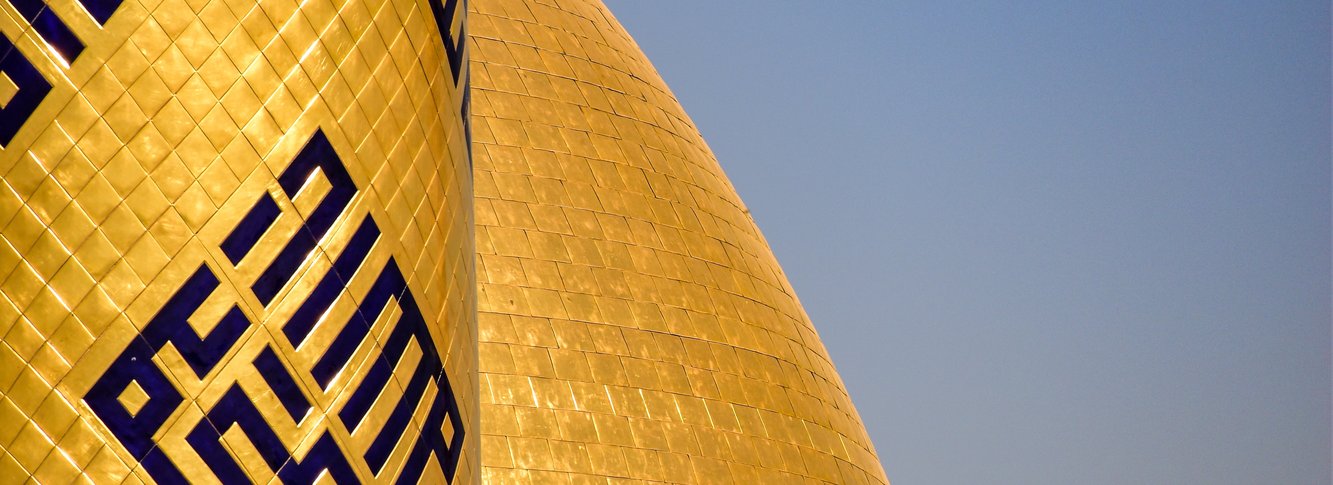| 6 mins read
On May 12, Iraqis vote in national elections, 15 years after the war that ended Saddam Hussein's regime, 13 years after the first post-Saddam nationwide vote, seven years, and almost four years after a devastating Islamic State (IS) offensive.
Some politicians and analysts are telling us that this ballot will be a turning point, that Iraqis will finally be on the path to political and economic stability. But is this really the belated "new beginning"?
National protests
The summer heatwave of 2015 accompanied by an abysmal supply of electricity sparked a series of protests in southern and central Iraqi cities. The protestors were ordinary people unaffiliated with any party who demanded reforms in the government and an end to endemic corruption.
The protests shook the political elites and could have been a turning point in the history of Iraq had it not been for the intervention of some powerful Islamic parties that hijacked the majority of the protests.
Only a few short-term and mediocre reform measures were taken by prime minister Haider al-Abadi’s government to absorb the anger of the protestors. The impeachment of some Iraqi officials by the parliament, including Khalid al Obeidi, minister of defence, a year later, was a selective measure by rival parties, rather than a real reform.
The semi-closure of IS’s file in Iraq with the announcement of the liberation of Iraqi lands did not end the problem of corruption. So far, there is no accountability for those responsible of the fall of Mosul and other Iraqi cities to IS. Beyond IS, this has become the norm in Iraq. No accountability, strong law, or fair judiciary exist in Iraqi institutions.
The same old faces, including those previously impeached, are frontrunners in this year’s parliamentary election. The rivalry among the running parties and their candidates reached its peak with the official launch of the electoral campaign mid- April. Every corner in the streets of Iraq was occupied with big billboards and posters of the candidates. Despite the crippled economy, the generosity of the campaigning activities has further exposed the corruption of these parties, raising questions about funding sources and their legitimacy.
Yet, due to the lack of transparency in the laws of The Independent High Electoral Commission (IHEC), ironically formed of commissioners from the major Shia, Sunni, and Kurdish parties, candidates are enabled to conceal their funding sources without enacting any penalties on the violators. A partisan commission since its establishment, IHEC often faces fraud accusations by losing parties and also by voters.
A rigged system
The election in Iraq is, in fact, a deeply rigged system designed to reproduce the same political elites who have failed at all levels except when it comes to maintaining their power, positions, and self-interest.
Modifying the Sainte-Lague electoral method by raising its initial application of 1.0 to 1.7 has worked in favour of bigger parties. The voting system itself is made to consolidate the list or the bloc itself rather than individual candidates. The fragmentation of traditional major parties into different blocs does not mean anything when the majority of the candidates are the same faces re-cycled in a new list. The quota for women only adds to the problem when women are allocated seats regardless of their competence or elegibility. Of course, the participation of women in the political life is vital but this should be outside this quota system. Finally, smaller parties which include independent candidates who did not previously participate in the political process are are still hardly known to Iraqi people.
What adds insult to injury is the post-election alliances and bargains to form the government. The establishment of the Provisional Governing Council in 2005 left a lasting legacy of a quota system by which the prime minister has to be Shia, the president Kurd, and the parliament president Sunni. The choice of politicians to fulfil these position is always subject to regional and international intervention. This quota division is mirrored in all other positions in Iraqi institutions and offices, which are widely run by patronage and nepotism.
The growing disenchantment with this unfair electoral system, in particular, and with the political elites in general, has made many Iraqis reluctant to vote in May’s election. Hundreds, if not thousands of the displaced people, remain disenfranchised.
Although the majority of ordinary people in Iraq are dissatisfied with the corrupt elites, political parties still have circles of supporters who will vote for them along religious, sectarian, ethnic, or tribal grounds.
While resorting to ballot boxes will not yield a radical change, and neither would boycotting the election, for many, the latter is a protest act against the failure of the political process in Iraq. A low voter turnout with continuing demands to replace the electoral system can be a means to undermine the legitimacy of the election laws and the political elites.
Until then, the election in Iraq is evidence of a pseudo-democracy. For democracy itself cannot coexist with theocracy, tribes, and militias. It cannot exist in an environment where individual freedoms are not respected and embraced. It cannot exist when there are no strong civil society and institutions. After all, a house is built from its foundations and not the other way round.


